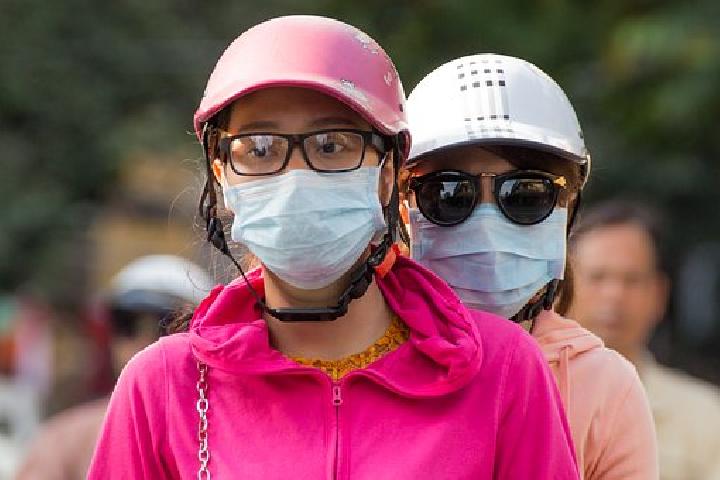Restoring Health Insurance
Translator
Tempo.co
Editor
Laila Afifa
Jumat, 23 Agustus 2019 07:06 WIB

TEMPO.CO, Jakarta - Premium hike is the initial step to reduce the deficit of the Indonesian healthcare agency. There is also a critical need to re-categorize types of diseases covered by the scheme.
The government’s plan to overhaul the premium structure through the increase of the national healthcare and social security agency’s (BPJS Kesehatan) monthly premiums is already a right albeit late initiative. It should have been taken not long after the national health insurance scheme (JKN) was rolled out without waiting until after the presidential election.
The government’s delay in taking the unpopular decision to adjust the premiums proved to have worsened the agency’s financial woes. The scheme launched five years ago caused the BPJS to run a deficit of Rp3.3 trillion a year after the program began. The loss ballooned to Rp 9.1 trillion in 2018 and is expected to triple by the end of the year.
The deficit was caused by the government’s inconsistency in implementing the program’s insurance scheme. Many government officials including politicians talk about the scheme as if it were a full facility from the state. This misconception that BPJS Kesehatan must fully bear treatment and medication costs without exception has existed for many years.
It, therefore, is not surprising if the arrears continue to mount as the premiums are lower than the actuarial calculations while the number of participants keeps growing. This ‘house of cards’ scheme ignores stringent risk management that all health insurance providers should follow.
Under the scheme, the public has not only the right to funding security but also the responsibility to pay reasonable premiums. The failure to do so means that BPJS’s will not have enough revenues to cover all the costs for doctors, medication and hospital services. In the midst of fiscal constraints, the government’s goal to guarantee each citizen’s right to healthcare also faces limitation.
It is imperative that the government adjusts the types of treatment and medication that should be prioritized for coverage and identifies loopholes in the JKN implementation.
Many participants usually register themselves when they need treatment and run up arrears once they are healthy again. That is the homework that the government must focus on because the premium hikes and the government subsidy will never be sufficient for BPJS Kesehatan’s expenses particularly when all the diseases are covered by the scheme.
The government must also be more selective and rational in identifying illnesses to be covered. Diseases brought on by poor lifedata-style such as lung cancer in smokers should not be eligible for coverage. Social security schemes in many countries only offer basic healthcare services.
Resetting the universal coverage principles is an evitable solution amid the lopsided distribution of healthcare professionals and hospitals with full-service facilities. Participants living in remote areas have little chance of having access to such services although they pay the same premiums. The inadequate quality of service can endanger the health of the participants.
President Joko Widodo must dare to make a tough political decision to redefine the coverage healthcare services and announce the result to the public. It is a bitter but necessary pill to heal the ailing healthcare program.
Read the Complete Story in this Week's Edition of Tempo English Magazine




















